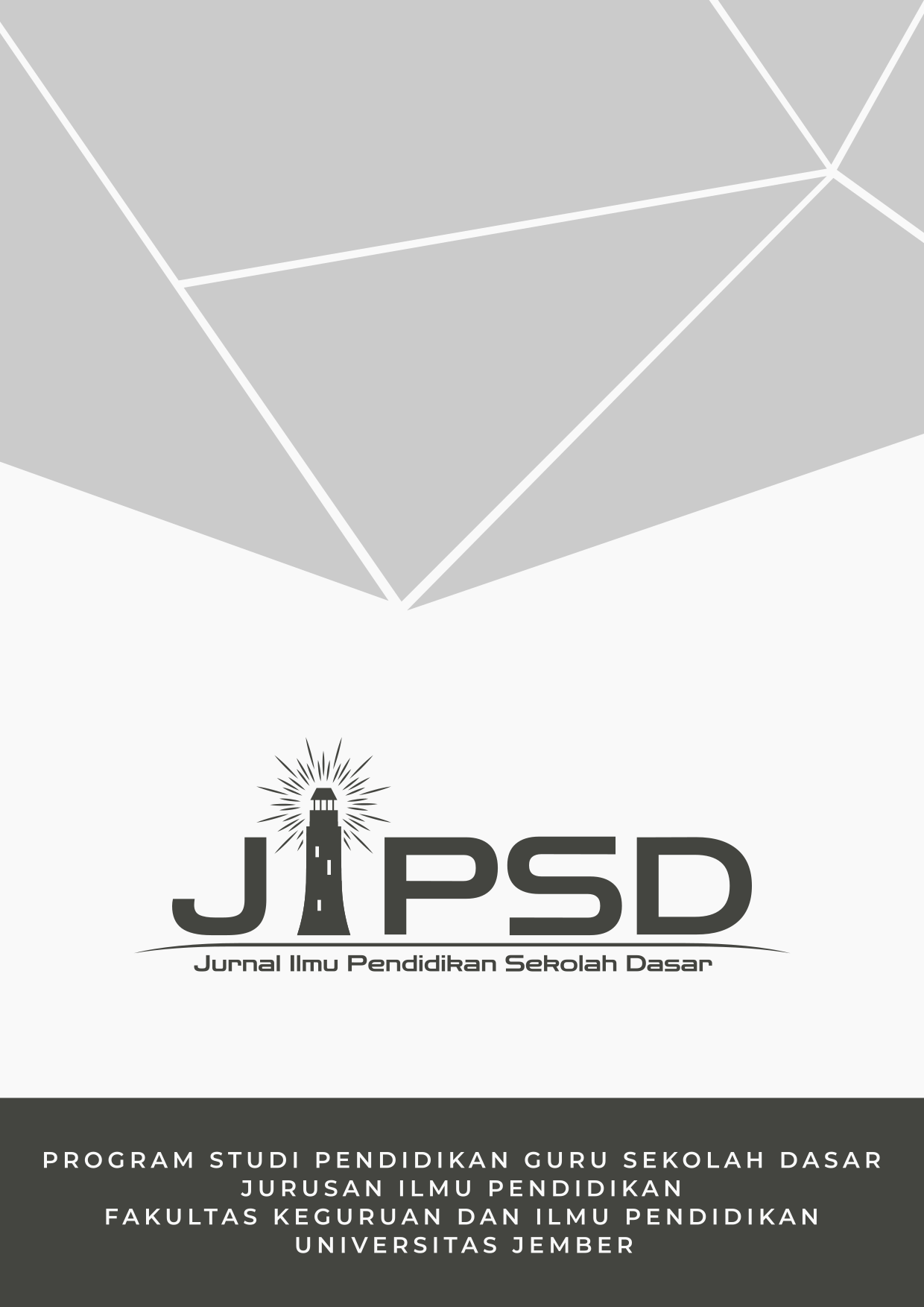Implementation Of Problem-Based Learning In The Basic Concepts Of Social Studies Course
DOI:
https://doi.org/10.19184/jipsd.v12i2.53726Keywords:
critical thinking, student engagement, problem-based learningAbstract
Abstract
This study examines the implementation of the Problem-Based Learning (PBL) model in the Basic Concepts of Social Studies course within the Elementary School Teacher Education (PGSD) program at the University of Jember. This research aims to evaluate the application of the PBL model in the course, explain the advantages of PBL in learning, and identify the challenges encountered in its implementation. The research employs a qualitative methodology with data collected through observation, interviews, and documentation. The findings indicate that the PBL model enhances students' critical thinking skills by engaging them in analyzing and solving real-world problems encountered in daily life. PBL also makes learning more meaningful and interactive, allowing students to discuss and exchange ideas within groups. However, several challenges were identified in implementing PBL, such as students' limited understanding of social issues and reliance on raw information from the internet. The study concludes that the PBL model effectively improves students' comprehension of the material and their critical thinking skills, and also it recommends using PBL supported by engaging and innovative learning media.
Keywords: Critical Thinking, Student Engagement, Problem-Based Learning (PBL)









